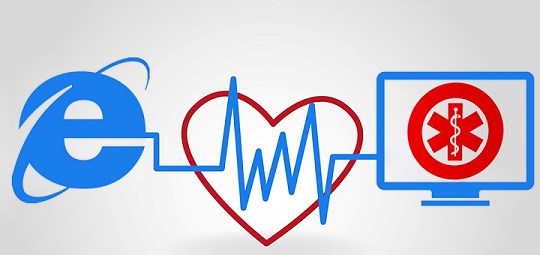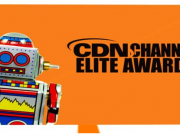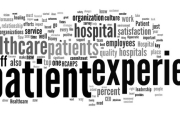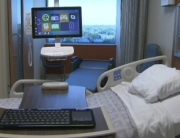70% Use the Internet for Medical or Health-Related Information
The growing number of individuals turning to the Internet for medical information is part of a culture of self-care which is seeing more people take an active role in their health care. Unlike generations before, who adopted a “doctor knows best” attitude and followed orders with unquestioning reverence, patients these days are more likely to want to arm themselves with information.

Open and easy access to the Internet has allowed that attitudinal shift to take place and, indeed, played a part in the change. A Statistics Canada study from 2009 showed that 93 per cent of people had access to the Internet in their homes and close to 70 per cent said they used the Internet to search for medical or health-related information.
More recent data from an American report called the Pew Internet Project showed that 87 per cent of U.S. adults use the Internet regularly and 72 per cent of those people looked online for health information within the past year. There are also a growing number of people using mobile apps to adopt healthier lifestyles and track personal medical data. They include apps on quitting smoking, losing weight, eating healthier diets, managing their running schedules and even monitoring their blood pressure and glucose levels.

A 2013 study from the University of British Columbia warned that the use of health apps is growing so quickly, doctors need to get on board with their patients and encourage them to use appropriate apps to manage their own health. As stated in the study, “By building a partnership between health professionals and health consumers, we can make better use of health apps as we strive for optimal wellness in our communities.”
Health Literacy Enables Better Choices, Better Outcomes
There is no question that the Internet and mobile health apps have made it easier to find information on our health. There is also no question that health literacy is a positive goal we should all work toward. Health literacy refers to a person’s knowledge and ability to apply health information in order to make good decisions about their well-being.
The good news is that health information is easily accessible via the Internet. The bad news is that the Internet can yield unpredictable results. Some sites have been set up by companies looking to sell a product but are disguised as credible medical sources, as opposed to a reputable medical source. Because of the rapid dissemination of medical information on the Internet, some information may be outdated.
The key to making the Internet work for health information is to check the source. Legitimate sources, like the World Health Organization and Mayo Clinic are safe bets, and, when searching for information on specific illnesses, reputable organizations like the Canadian Cancer Society and Heart and Stroke Association are good choices as are medical journals, like the Canadian Medical Association Journal.
In Partnership with Your Medical Practitioner
Even after choosing a reputable site, it doesn’t hurt to double check the information with your doctor. There is no question the Internet is a powerful source for health information. The key is to take a cautionary “buyer beware” approach to using it, especially when it comes to health knowledge.

Medical facilities also have the opportunity to better educate their communities by leveraging the Internet and cloud. It’s an education that can take place both inside and outside of hospital settings. By doing this successfully, they can help reduce the number of patient returns after discharge and help patient’s families work cooperatively for healthier outcomes and to reduce costs.
This blog will explore the many facets of healthcare in Canada and the benefits that Panacea™ patient and clinical engagement solution brings to the industry. Stay tuned for further blogs on Canadian Healthcare and how Panacea™ transformed one patient’s hospital stay along with studies on patient satisfaction.







